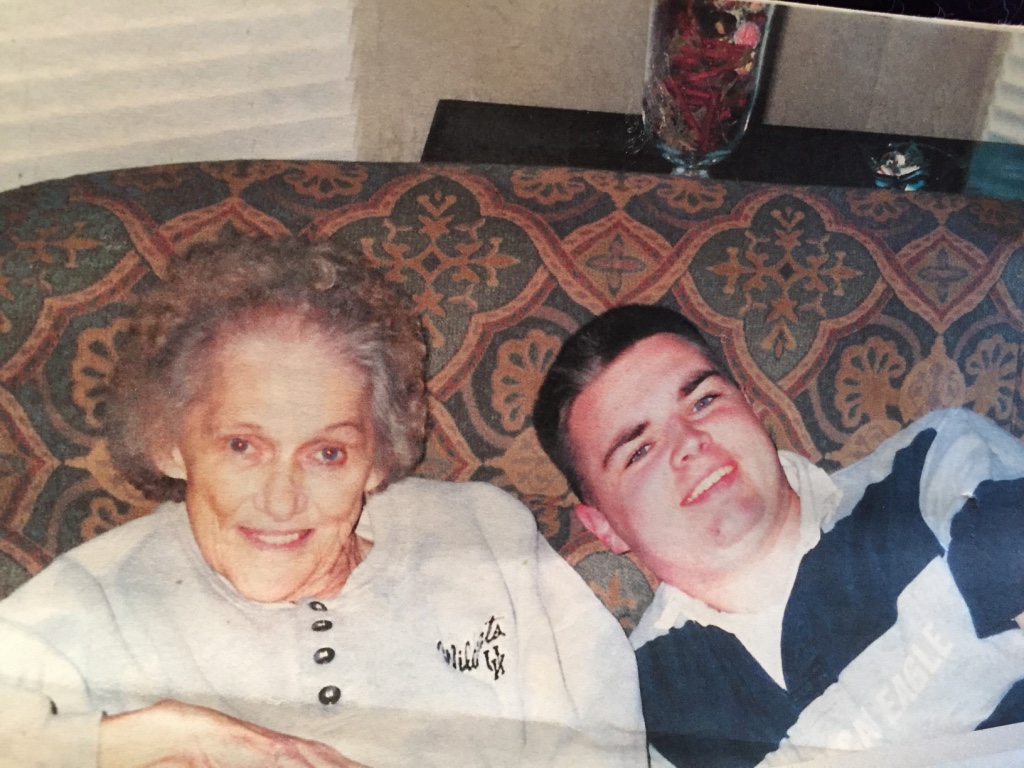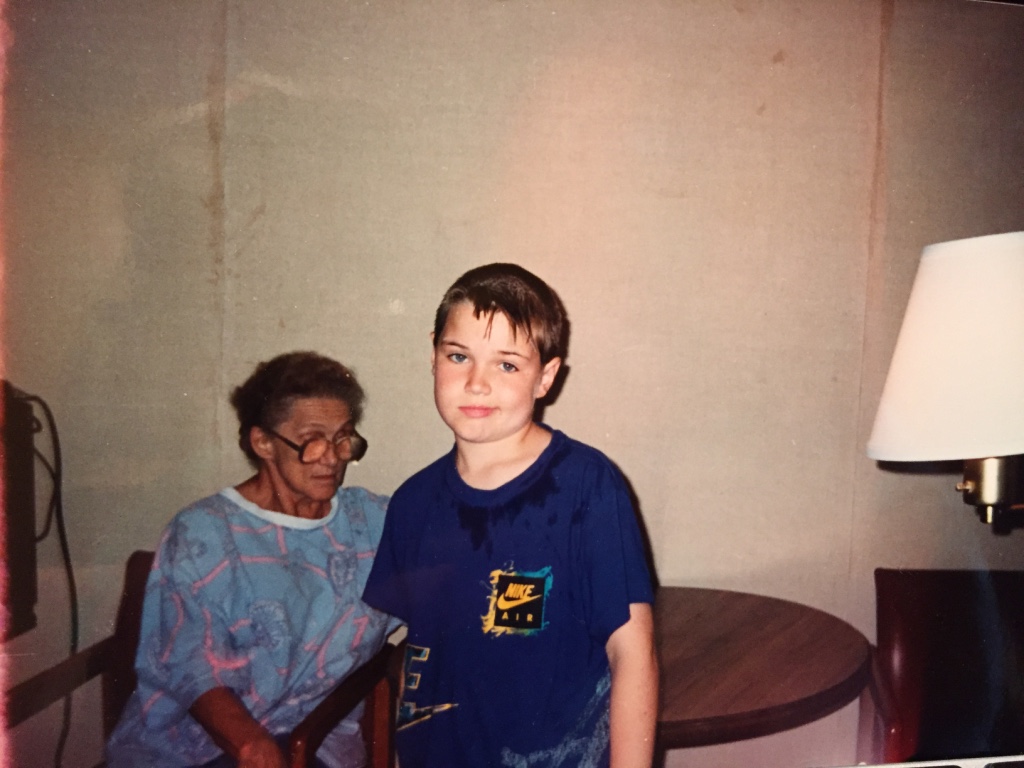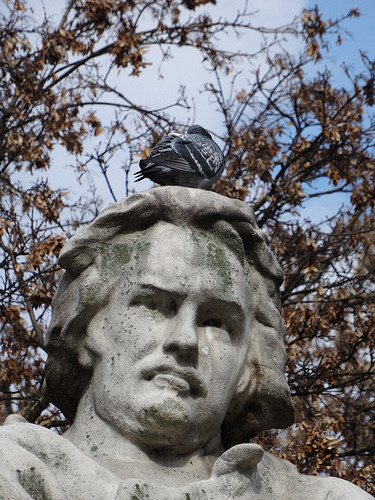John Steinbeck's story of dirt poor folks who find wealth and hope for a better life only to find nothing but problems presented in a setting helps make the overall point of the novel. The pearl symbolizes the destructive nature of materialism.
Kino is a poor Mexican-Indian pearl diver like his father and grandfather. Kino is married to Juana, and their baby, Coyotito, is bitten by a scorpion. Still, the doctor won’t help them because he doesn’t think they have any money and because of his prejudice against Kino’s race.
Kino goes to dive for oysters, hoping to get some money to help. He finds a giant oyster, and inside it is a pearl the size of a gull’s egg. Good fortune follows briefly when he returns to his wife because the baby’s swelling has gone down. Word spreads fast about the large pearl, and everyone thinks about its great wealth.
The doctor comes by referring to Coyotito, his patient, and then he secretly makes Coyotito sick so he can pretend to heal her. He demands payment, sees the pearl, and learns where it is kept. A Priest who would offer no blessing comes by to bless the baby. Someone comes that night to steal the pearl, and both are hurt in a fight with Kino. Kuno decides to sell the pearl quickly, but the pearl buyers conspire with each other to claim the pearl is too big and offer very little.
Again, the next night, more intruders come to his home and beat him, looking for the pearl. Juana begs Kino to throw the pearl back into the ocean, but he refuses and wants to take it to the capital city to sell it. Juana takes the pearl to the beach to throw it back, but Kino follows and stops her. Kino is attacked and beaten again but he kills his attacker with his knife. They go to get their canoe to leave but find it smashed.
That night, Kino, Juana, and Coyotito leave, walking to the village of Loreto, careful not to leave tracks. Even with their precautions, they still are tracked, and they flee to the mountains and hide in a cave, but the trackers still find them. Both trackers are killed in a fight that breaks out, but a bullet from one of their guns kills their daughter, Coyotito.
They go back to the town carrying the dead body of Coyotito and when they reach the city, Kino throws the pearl back into the sea.









































































